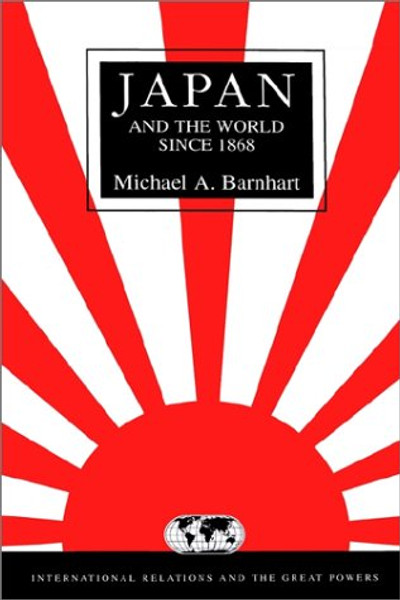Product Overview
By the mid-nineteenth century Japan had given up the technology of firearms and not a single steam engine existed in the country. By 1906 it had taken on and defeated Russia in war; by 1942 its empire spanned almost a fifth of the globe. Only three years later the empire had gone and Japan, devastated by bombing (conventional and atomic), was under American occupation. From that nadir in its fortunes, Japan has risen to become the second greatest economy in the world, with a level of prosperity to match. In no small part the economic 'miracle' was aided by Japan's foreign policy choices since 1945, just as those choices before that year led to security, aggrandizement, and eventually disaster.
How to account for this progress from prudence, through folly, to present success is the enquiry at the core of Michael Barnhart's new study. He provides a masterly account of the domestic pressures that often helped shape foreign policy, as well as an evaluation of the changing world order itself. One of the book's central themes is the absence of a sustained national consensus in Japan's foreign-policy making, particularly before - but also after - 1945. The international environment for Japan from 1960 to the early 1990s was a tranquil one, in stark contrast to every prior period, but the end of the Cold War order has renewed divisions and acrimony in the debate over the country's proper role in the world. It may be that the history of Japan's foreign relations before those halcyon decades will have more contemporary usefulness than is commonly supposed or, perhaps, may be desired.






